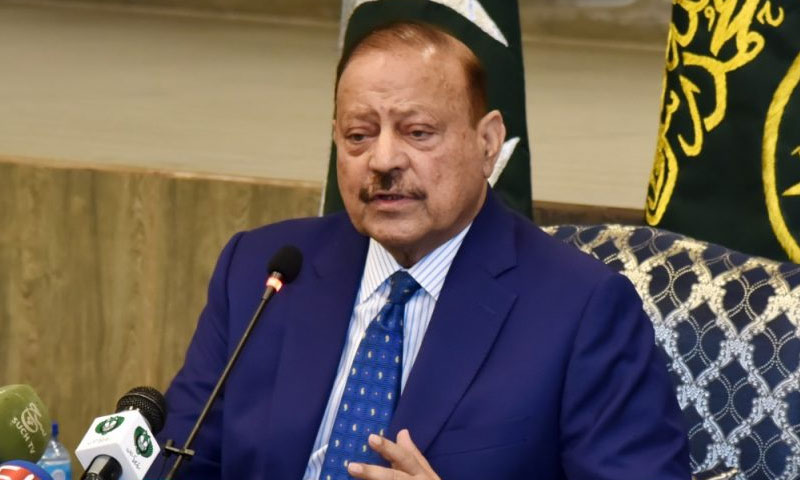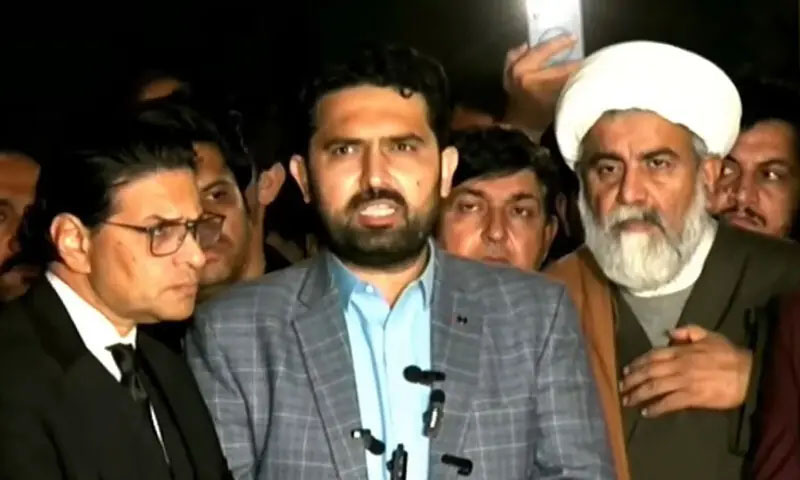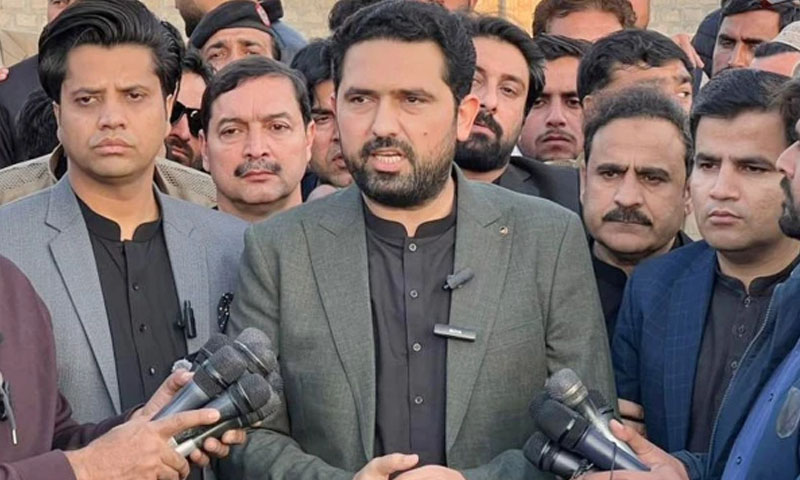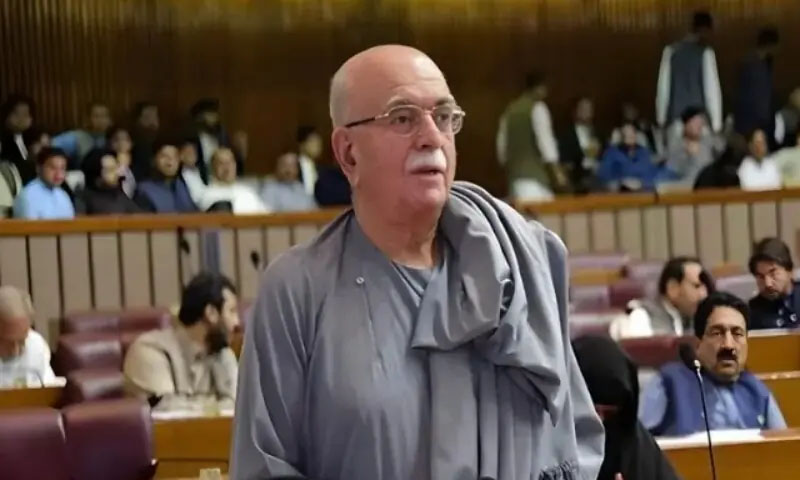- Web Desk
- Jan 31, 2026
Maulana threatens to take to streets if madrasa bill provisions altered
-

- Web Desk
- Dec 17, 2024
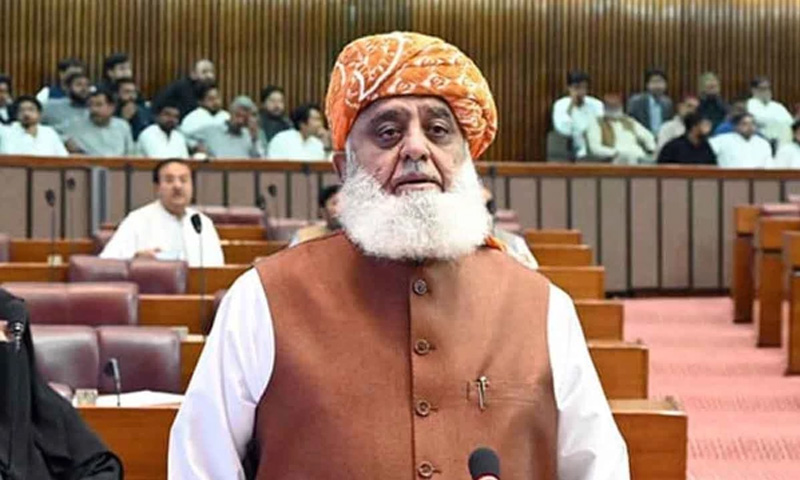
ISLAMABAD: Jamiat Ulema-e-Islam-Fazal (JUI-F) chief Maulana Fazlur Rehman has said that the government was the biggest obstacle to the registration of madrasas, and warned to take to the streets if any changes to the provisions of the “Madrasa Registration Bill” were made.
Speaking in the National Assembly, he expressed reservations about the House’s representation but acknowledged the parliamentary responsibilities shared by all members. “We are also part of this House,” he said.
Referring to the 26th Constitutional Amendment, he noted that both Houses of Parliament had passed it with consensus. “All parties — on both government and opposition benches — were on board, even though a major opposition party showed indifference. The negotiation process took a long time, but an understanding was eventually reached.”
The JUI chief recalled that questions regarding madrasas first arose in 2004, leading to discussions and legislation that ensured religious schools would refrain from presenting extremist material.
“Back then, intelligence agencies directly approached madrasas, resulting in harassment and intimidation, which caused serious grievances,” he said.
Maulana Fazl explained that an agreement in 2010 outlined that any complaint against a madrasa would be addressed through its affiliated organisation, not directly. However, despite such agreements, further complications arose following the passage of the 18th Amendment.
He said the government later declared that madrasas should be registered under the Societies Act, and discussions continued without yielding concrete legislation.
“It remained an agreement consisting of three key clauses: registered religious schools would continue their operations with government support for registering new schools; bank accounts for madrasas would be opened; and foreign students, previously banned from studying in Pakistan, would be allowed entry on a nine-year visa.”
The JUI-F chief said that subsequent developments, such as the establishment of education boards and centers, were executive orders unrelated to the original agreements of 2004 or 2010.
“To this day, no madrasa associated with “Madaris Deeniya” has been registered, no bank accounts opened, and no visas granted to foreign madrasa students,” he lamented.
The JUI chief criticised the proliferation of education boards, stating that from an initial five boards, the number has now swelled to 20 or 25, all of which lack any connection to previous agreements or recent legislation.
He recounted his request to Prime Minister Shehbaz Sharif during the PDM government to resolve this long-standing issue. “All madrasa leaders were consulted, and rules were decided with their participation,” he said.
“We showed flexibility and cooperated, despite the government’s unilateral decisions to break organizations without consulting us. A draft, prepared by the Law Minister and agreed upon through mutual consultation, was presented in the House. However, during the legislative process, unexplained instructions led to changes in the bill, violating our agreement. That is why we refused to be part of this legislation.”
Maulana Fazl emphasised that when the 26th Amendment was under discussion, his party had also raised concerns about this “agreed-upon” madrasa bill.
“The government failed to mention the madrasas registered under the Ministry of Education in the final draft. We accepted it without objection, even though the bill came from the government—not from us.”
He said that if the original agreements were undermined, and any attempts were made to introduce unilateral changes to the Madrasa Registration Bill, it would face resistance outside on the ground and not in the House.
It should be remembered that President Asif Ali Zardari has warned potential global implications over a bill regarding the registration and regulation of madrassas under Societies Registration (Amendment) Act, 2024.
President Zardari has refused to sign the bill —passed by both house of parliament in October — and returned it to the National Assembly speaker, highlighting several flaws and procedural errors, contradicting the existing laws.

